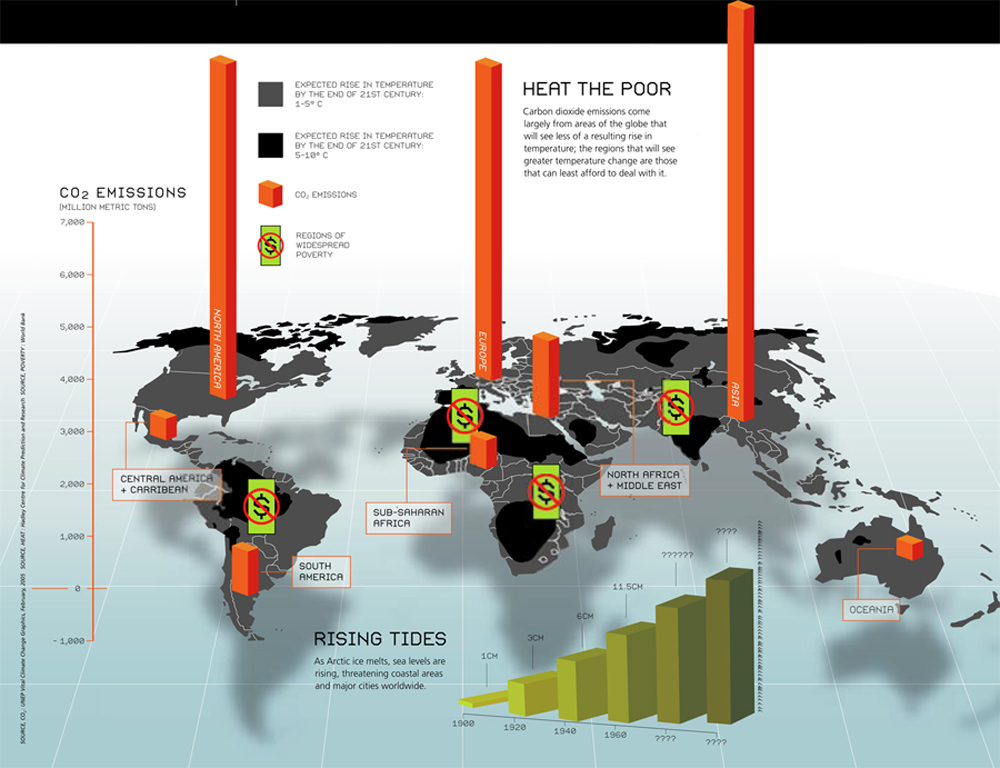
The notion that we'll avoid serious damage to the world's climate if we limit the warming of the atmosphere to a 2-degree-Celsius rise in temperature is untrue, says Stanford climate scientist Chris Field.
According to Field, director of the Carnegie Institution's Department of Global Ecology at Stanford University.
"There is a lot of misunderstanding about the nature of the vulnerability to climate change. Many people assume that it's concentrated somewhere else, especially in poor parts of the world. In reality, vulnerability has different dimensions in different places.
"If you look at global losses from climate-related disasters, it's clear that economic loss occurs overwhelmingly in the developed world, while mortality occurs overwhelmingly in the developing world. With Hurricane Sandy, the people of New York and New Jersey sustained massive economic losses. If that same hurricane were to hit a developing country, economic loss might be lower, but loss of life might be greater.
"Much of the discussion about vulnerability focuses appropriately on the individuals at risk as a consequence of poverty, weak institutions or poor infrastructure. But this focus, although appropriate, should not divert attention from the fact that individuals and property in wealthy communities are also at risk. The experience with Hurricane Sandy is a harsh reminder of economic and personal vulnerabilities in the developed world."